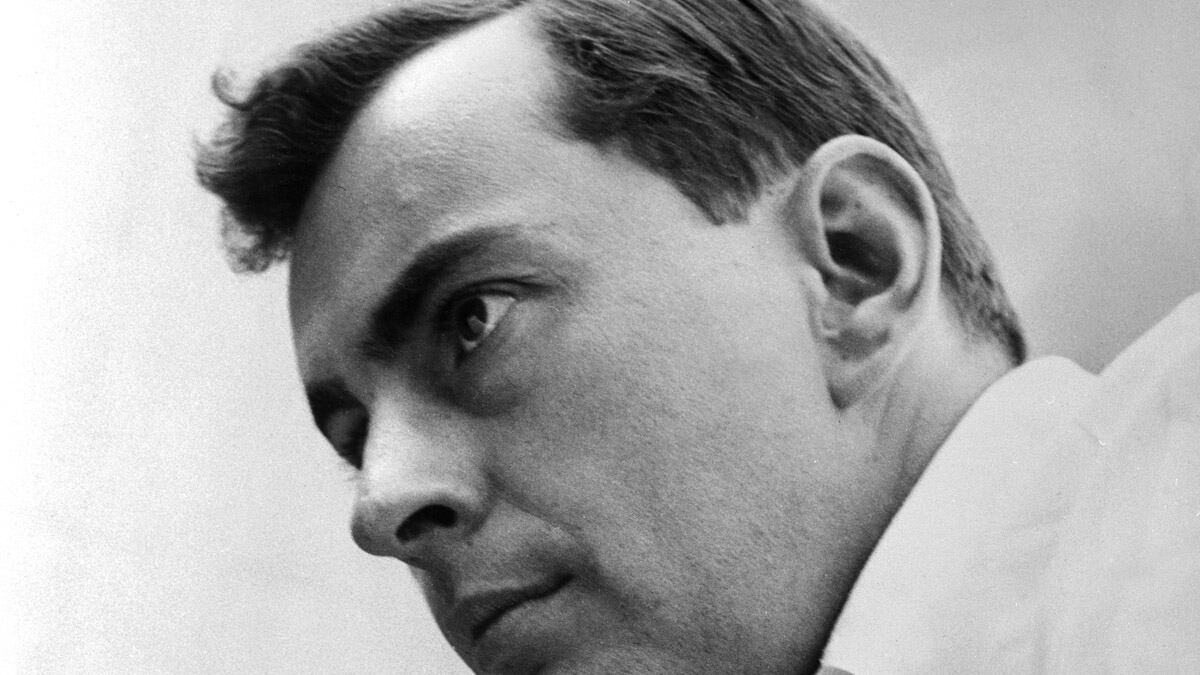Jon Wiener of The Nation opens his Vidal remembrance with a funny anecdote involving ex-Nation editor Victor Navasky, who brought Vidal in as a contributor in the 1980s:
Gore wrote an essay for the magazine’s 120th anniversary issue. Shortly after it was published, Victor was invited to lunch by the publisher of Penthouse magazine, Bob Guccione, at his East Side townhouse famous for its $200 million art collection. “We had barely consumed the amuse gueuleswhen Bob asked me how much it cost to get Gore Vidal to write his essay,” Victor recalled. “When I told him we had paid each contributor to that issue $25 and Gore got the same $25 that everyone else got, he almost choked on his Chateau Margaux and told me he had offered Vidal $50,000 to write an article forPenthouse and Vidal declined.”
I'm not sure that even makes a point, or if it does, it's about Victor and his many charms. But it's amusing, and I suppose it does reflect well on Vidal insofar as he was happy to turn down fifty thousand clamshells to have the fun of shocking and traducing an ass like Guccione.

Vidal took some highly arguable positions, especially late in life—his defense of TImothy McVeigh, his increasingly conspiracy-minded takes on the post-9-11 world. I stopped reading him somewhere in there. And there were problematic issues before: Many critics (Alex Cockburn chief among them, as it happens) saw outright racism in Vidal’s warnings that America and Russia (then the USSR, i.e. our arch-enemy) would have to link arms against the Asian swarms). Not to mention of course the Jewish issue. His interpretation of American history contained elements both nobly populist (in a kind of Jacksonian sense) and dubiously nativist, and it showed, and he didn’t appear to care what anyone thought.
Inarguably, he was a great novelist. Myra Breckenridge and The City and the Pillar and of course the historical novels all stand up extremely well. Burr and Lincoln, I think, are masterpieces. Palimpsest is a lovely memoir, his collection United States contains some brilliant essays, and his literary pieces in The New York Review were often towering. Off the top of my head I remember being floored by pieces on Dawn Powell, V.S. Pritchett, and (interestingly) L. Frank Baum, among many others. Really staggering stuff.
I think his most meaningful political contribution, wherever he may have wandered in his sunset years, concerned the post-1947 American national-security apparatus. These were radical writings, no doubt about it. He was an unforgiving critic of Republicans and Democrats alike. I read those works in my late 20s, maybe, and I didn't always agree, but I most definitely always walked away from his essays forced to reflect on why history went the way it did. I guess I would say that one learned in school that American world hegemony was: inherently good, in some way natural, and completely inevitable. Vidal believed insistently that it was none of those three things, and you didn't have to agree with everything he said to appreciate the perspective and admire the luminous prose, and the mind one saw at work on the page.






